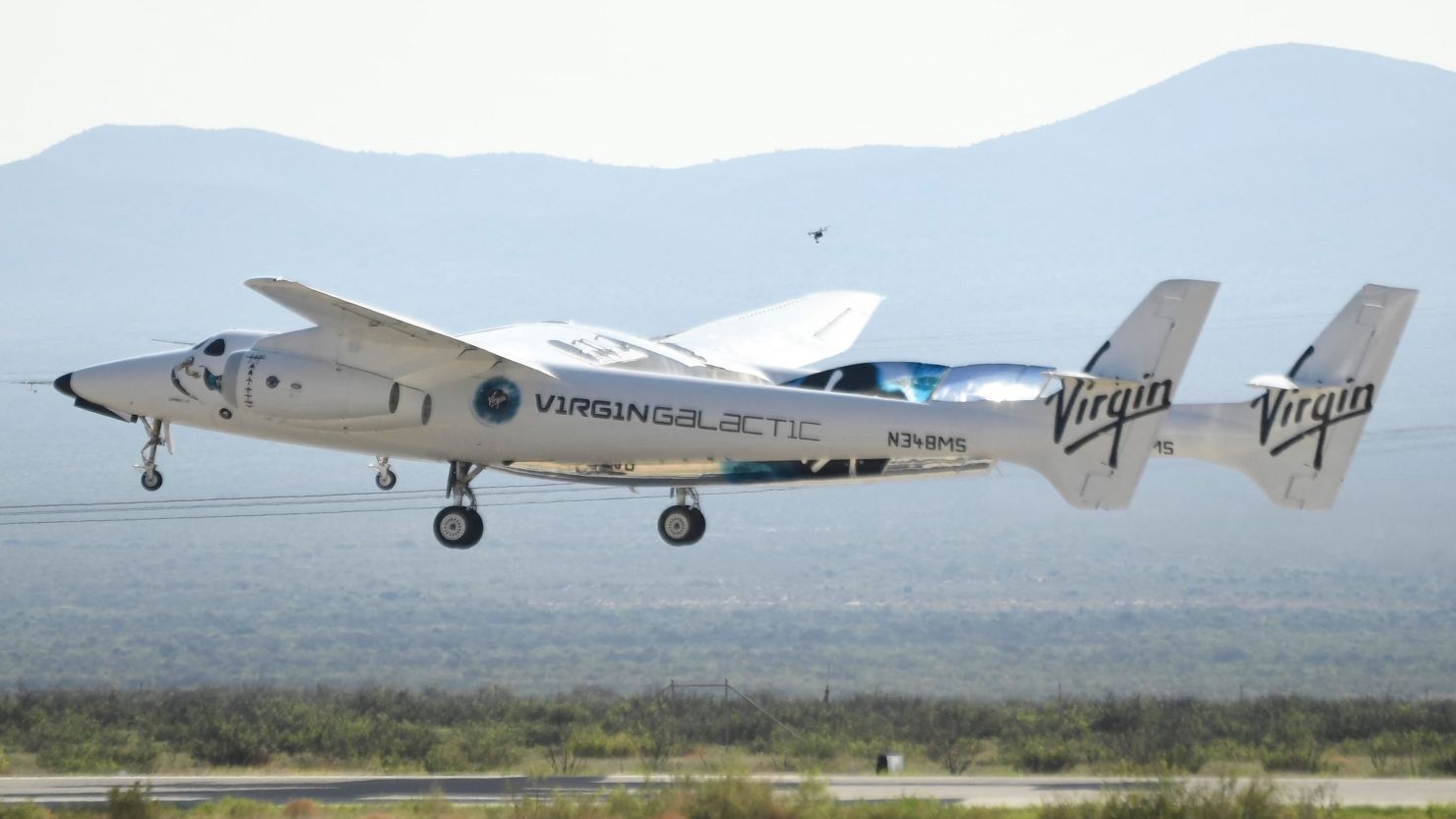The Transportation Department’s inspector general says it is reviewing how officials prevent everyday flights and commercial space flights from sharing the same airspace and potentially colliding.
The review of the department’s Federal Aviation Administration comes as space flights have exploded in frequency since 2016, and shortly after the agency grounded a prominent commercial spaceflight company, Virgin Galactic, until an investigation into founder Richard Branson’s flight is complete.
During that July flight, the company’s SpaceShipTwo supersonic spaceplane flew outside of its designated FAA airspace for nearly two minutes.
“Over the past 5 years, FAA has gone from licensing about one commercial space launch per month to now licensing more than one launch every week,” Matthew Hampton, the assistant inspector general for aviation audits, said Wednesday in a memo announcing the probe.
The audit was requested by the ranking members of the House Committee on Transportation and Infrastructure and its Subcommittee on Aviation, Hampton said in the memo.
The FAA said in a statement that it plans to cooperate fully with the probe, adding that it looks “forward to providing information about the extensive work we have done to safely integrate commercial space operations into the National Airspace System.”
Hampton noted in his memo that the FAA “manages the NAS during commercial space activities by shutting down large portions of the surrounding airspace to protect commercial carriers and other airspace users from potential hazards.”
“However, this results in increased operational inefficiencies and costs to these users, who must delay or reroute their flights,” he wrote, adding that the agency is currently developing a new system that “will integrate data from commercial space operations directly into FAA’s air traffic control systems.”
The forthcoming system, Hampton said, will “decrease the amount of restricted airspace needed for commercial space operations and the time required for the restriction, allowing for more efficient use of the NAS.”
CNN’s Devan Cole contributed to this report.
